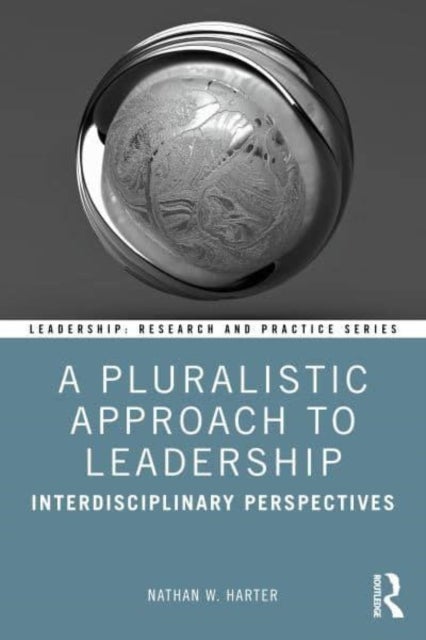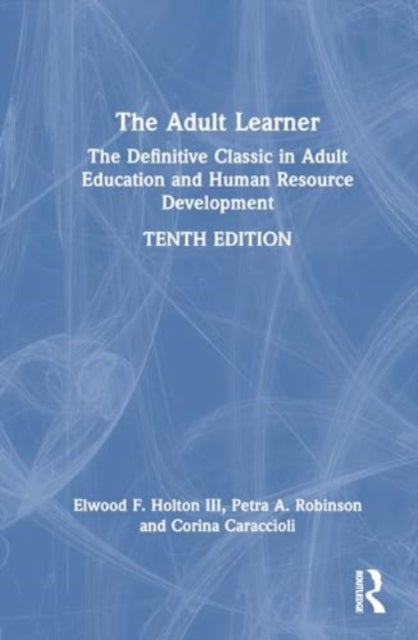
A Pluralistic Approach to Leadership av Nathan W. (Christopher Newport University USA) Harter
589,-
<p>This thought-provoking book adopts a pluralistic framework to examine leadership and raises important questions about how leadership studies scholars see and do their work.</p><p>The book begins with an interdisciplinary discussion of what a pluralistic mindset is ¿ a distinct framework for acknowledging and managing a diversity of opinions while retaining an abiding faith in the merits of rigorous investigation. Nathan W. Harter argues that pluralism is an important consideration for leadership scholars, and threads this throughout a series of chapters that explore such topics as the proper duration of leadership episodes, the benefits of dedifferentiation in leadership, the importance of grievance as a motive, the prevalence of noise in decision-making, and the evolving utility of OODA loops. It concludes with a phenomenological experience in the spirit of Michel Serres that considers the role of leadership amid a welter of multiplicities. Throughout, readers are introduced to a n








